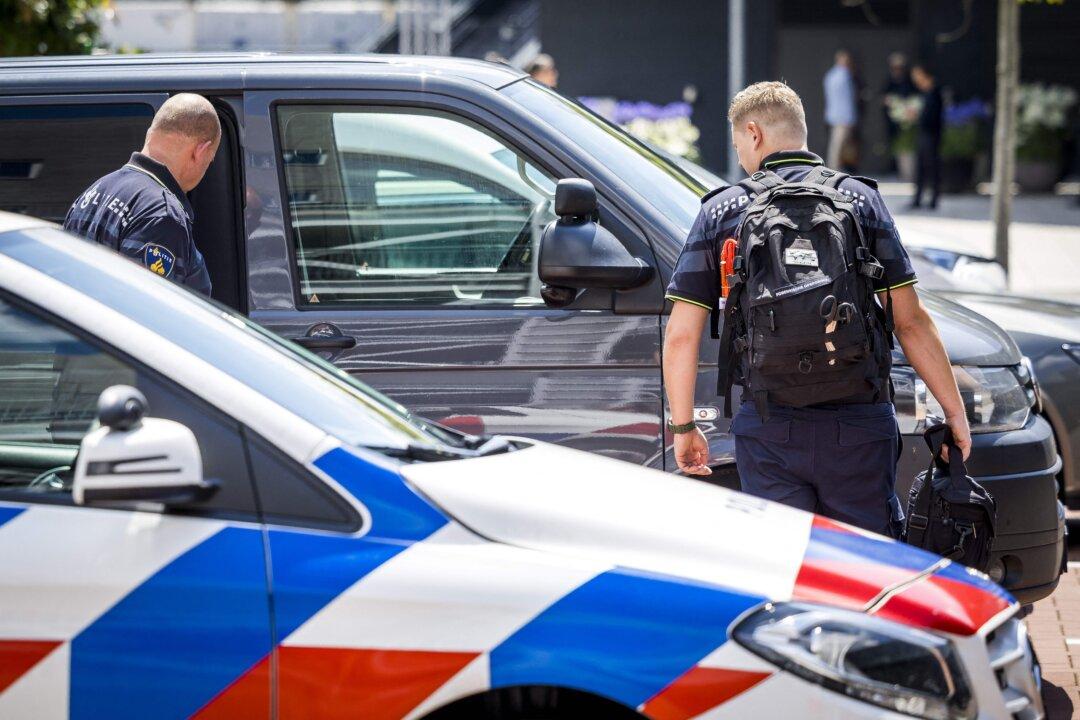Protests continue in the Netherlands over the government’s proposed nitrogen policy, which could necessitate the mass slaughter of livestock and potentially shut down almost a third of the country’s farms at a time when global famine may be imminent.
Events in the country are being compared by commentators and politicians around the globe to the World Economic Forum’s “Great Reset.”





